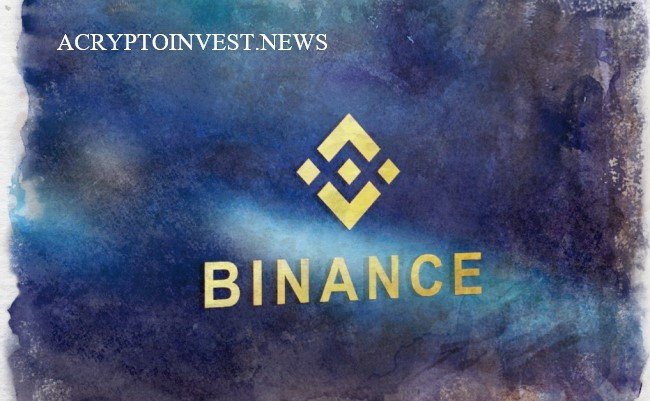- The Philippines Securities and Exchange Commission (SEC) announces a three-month countdown to ban Binance and other unregistered exchanges.
- SEC head Kelvin Lee emphasizes the importance of registration and compliance for cryptocurrency exchanges operating in the Philippines.
- The decision aims to protect consumers and ensure compliance with local regulations.
The Philippines SEC initiates a three-month deadline for Binance’s operations in the country, citing the need for regulatory compliance and consumer protection in the cryptocurrency market.
Clarification on Binance’s Operational Status in the Philippines
Kelvin Lee, head of the Philippine Securities and Exchange Commission, clarified on December 13 that the ban on Binance and other unregistered exchanges would be effective three months after the issuance of an advisory on November 28. This decision comes after confusion arose following the advisory to Binance for operating without a license in the country. Lee explained that the initial recommendation was for a one-month or even a one-week transition period, but he opted for a three-month timeframe, considering the upcoming Christmas holiday, to ease the impact on Filipino investors.
Impact on Other Unregistered Exchanges
In addition to Binance, exchanges such as OctaFX and MiTrade, which also received advisories for unregistered operations, face similar bans after the three-month period. The SEC’s approach to unregistered exchanges includes a “wait-and-see” strategy to observe whether these platforms will pursue registration after witnessing the actions taken against Binance. This approach is part of the SEC’s broader effort to regulate the cryptocurrency market in the Philippines and ensure investor protection.
Response to Criticism and Emphasis on Compliance
Lee addressed criticism regarding the Binance ban, particularly concerns about its lower costs compared to registered exchanges. He countered that such cost advantages arise from a lack of registration and compliance with Philippine regulations, leading to reduced operational expenses. He emphasized the importance of investing in registered entities, highlighting that there are currently 17 virtual asset service providers (VASPs) in the country offering fiat-to-crypto services. Lee’s stance underscores the SEC’s commitment to consumer protection and regulatory adherence in the growing cryptocurrency sector.
Conclusion
The Philippines SEC’s decision to impose a three-month deadline for Binance’s operations reflects a firm stance on regulatory compliance in the cryptocurrency market. This move aims to safeguard Filipino investors and maintain market integrity by ensuring that all exchanges operating in the country adhere to local regulations. The SEC’s actions signal a growing trend of regulatory scrutiny in the global cryptocurrency landscape, prioritizing consumer protection and legal compliance.
Read the full article here
